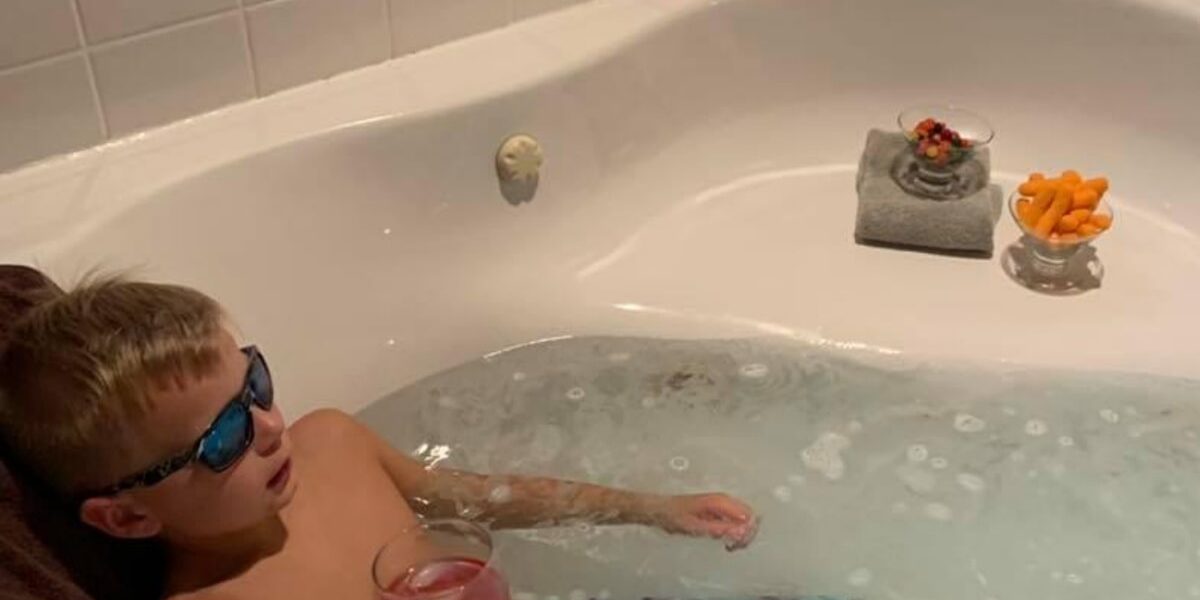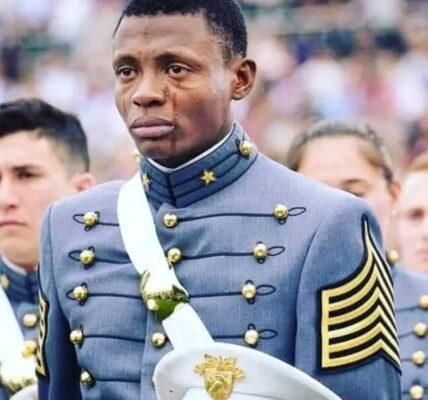
It was only the second week of school.
The sun still hung high in the late afternoon sky, casting long shadows on the sidewalks outside the elementary school. Cars idled, engines humming, parents scrolling absentmindedly through their phones or chatting with each other as they waited. But not her.
She sat in the car—back straight, hands clenched, stomach twisted into nervous knots—as she strained to see around the corner of the school doors. Waiting. Watching. Hoping.
She wasn’t looking for grades or gold stars. She wasn’t checking for a note from the teacher or a spelling test score. No, she was searching for his face—the look in his eyes as he stepped into the afternoon light. Would it be tired? Defeated? Guarded? Or maybe, just maybe, hopeful?
Because this kid—her kid—hadn’t had the best start to the school year.
At just eight years old, he’d already found himself the center of a handful of difficult moments. Some of them his fault—kids test boundaries, after all—but some of the backlash, the reactions, the isolation… it was too much. More than any eight-year-old should have to carry.
Meetings with teachers. Conversations with the principal. Whispers on the playground. And suddenly, school—this place that should have felt safe and fun—felt heavy and hard.
At home, she had slipped into her protector mode. She peppered him with questions every afternoon.
“What happened today?”
“Did anyone say anything mean to you?”
“Did you say anything mean?”
“Did someone play with you today?”
“Are you okay?”
Each question was fired with love, but also with anxiety. She wanted to fix it. Wanted to make it better. Wanted answers, control, peace. But kids—especially hurting ones—don’t always answer in words.

And then yesterday, in the middle of their usual after-school interrogation, he looked at her. Not with tears or frustration, but with a quiet plea in his eyes that simply said, “Please stop.”
So she did.
Right there, in that moment, she pulled back. She let the questions fall away. She chose silence.
And in that silence, she remembered something simple but so easy to forget: kids need the same things we do. Space. Quiet. Comfort. Safety that doesn’t require explanation.
So she ran a warm bath. She laid out his favorite snacks—those little things that seem silly but feel like love. She didn’t say much. Just made space.
And slowly, the tension eased from his small shoulders. The guarded look softened. The rest of the night passed calmly, quietly, gently.
The next morning, before he stepped out of the car, she looked him in the eye. She didn’t pile on encouragement or hover with worry. She just said four words: “You got this, buddy.”
And he smiled. A little unsure. A little brave. He hesitated, then asked, “Yeah… but if I don’t, will you make me another bath tonight?”
She laughed softly. And with everything inside her—every ounce of love and hope and fierce protection—she said,
“Always.”
Because love isn’t just loud cheers and constant questioning.
Sometimes it’s quiet presence.
Sometimes it’s a warm bath and crackers on a towel.
Sometimes it’s silence.
And sometimes it’s simply letting them know:
You are never alone. Even on the hardest days.
Always.




